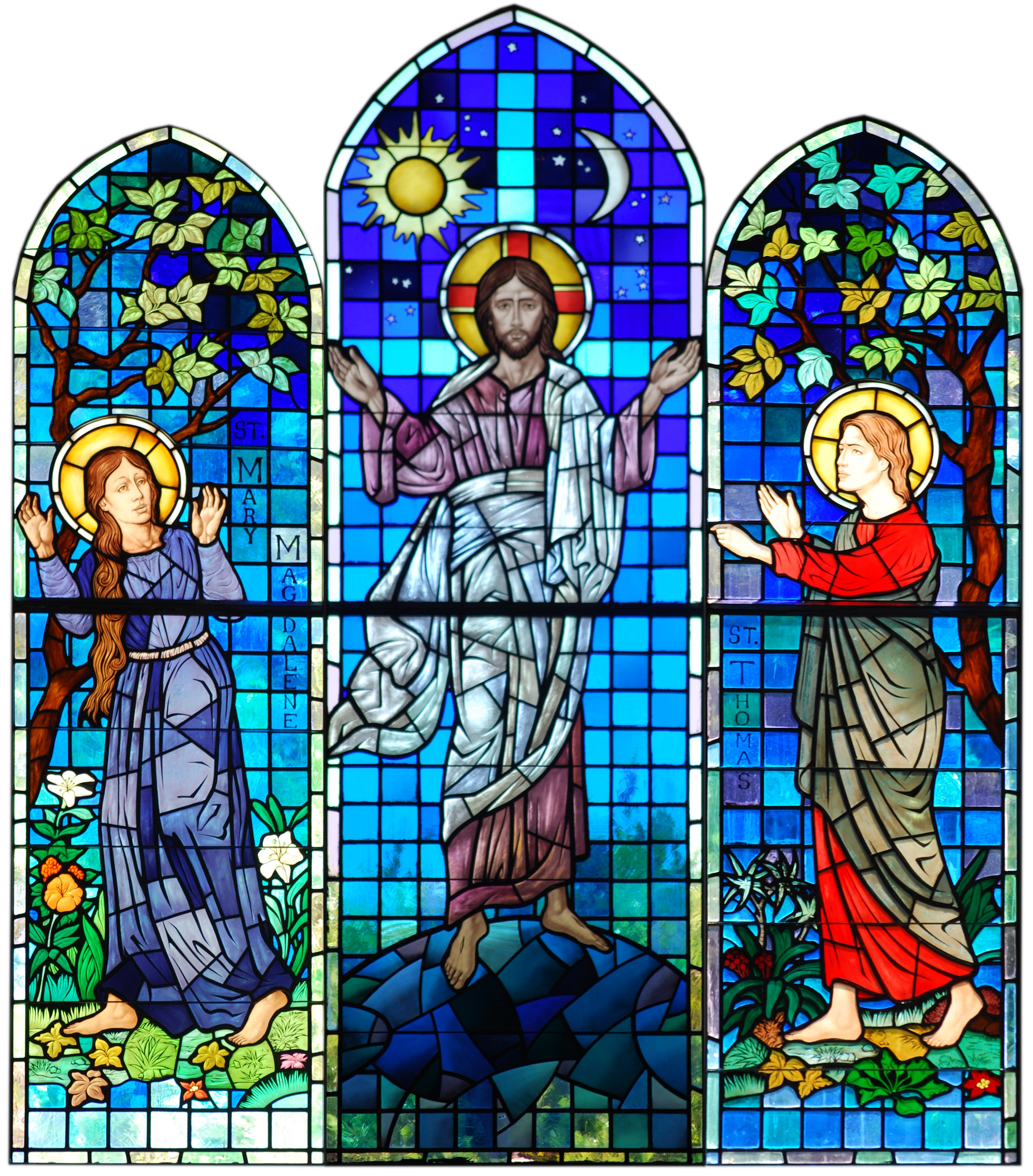Jeremiah 31:27-34
The days are surely coming, says the Lord, when I will sow the house of Israel and the house of Judah with the seed of humans and the seed of animals. And just as I have watched over them to pluck up and break down, to overthrow, destroy, and bring evil, so I will watch over them to build and to plant, says the Lord. In those days they shall no longer say: “The parents have eaten sour grapes, and the children’s teeth are set on edge.” But all shall die for their own sins; the teeth of everyone who eats sour grapes shall be set on edge.
The days are surely coming, says the Lord, when I will make a new covenant with the house of Israel and the house of Judah. It will not be like the covenant that I made with their ancestors when I took them by the hand to bring them out of the land of Egypt– a covenant that they broke, though I was their husband, says the Lord. But this is the covenant that I will make with the house of Israel after those days, says the Lord: I will put my law within them, and I will write it on their hearts; and I will be their God, and they shall be my people. No longer shall they teach one another, or say to each other, “Know the Lord,” for they shall all know me, from the least of them to the greatest, says the Lord; for I will forgive their iniquity, and remember their sin no more.
– – – – – –
The days are surely coming. The phrase itself feels ominous, scary even. As we look around at what fills our current days, chronic stress and fatigue, political divisiveness, social unrest, climate crisis, and ongoing pandemic (just to name a few), thinking about what future days will hold can feel like an exercise in exploring our own nightmares. Yet here in Jeremiah, we hear God confirming that indeed the days are surely coming, although they won’t be filled with the terror and calamities that we fear. Instead, God promises that there will come a day when there are no more sour grapes, and the vineyard of Israel will be lush with fruit that grows from the seeds sowed from God’s promise. We are reminded that while the history of God’s relationship with the chosen of Israel is one of broken covenant, it is also a history of continued invitation and commitment to communion with one another. Grafted into that covenantal relationship, we are also invited into the promise of God. The days are surely coming, and though they may be ripe with the disasters and tragedies of life, so too will they be days when God proclaims: “I will be their God, and they shall be my people.”
- What are your fears for the future, both immediate and long-term?
- What does God’s promise of a future of redeemed relationship do to those fears?
- How might the belief in a future in which God calls out, “I will be their God, and they shall be my people” affect and influence your present?
This Bible study, written by the Andrew Gordon
|

 The 19th Sunday After Pentecost
The 19th Sunday After Pentecost